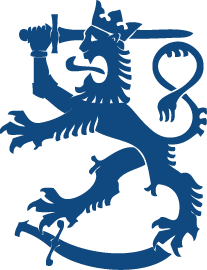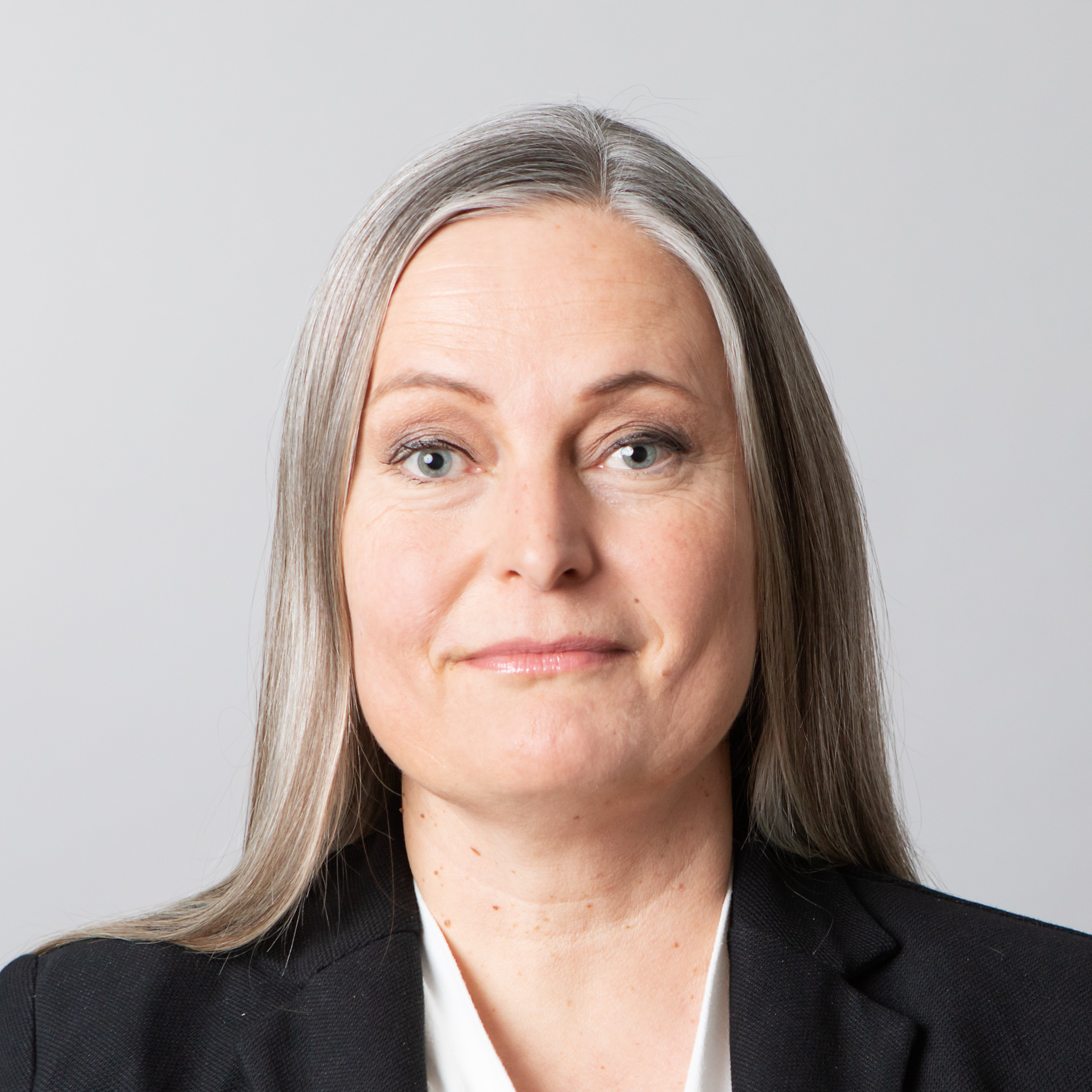For Finland, NATO’s new-found appreciation of national defence is a much-welcomed development. Many NATO members are now looking in our direction, hoping to learn more from Finland’s example, writes Dr. Iro Särkkä.
Since the end of the Cold War, Finland’s foreign and security policy has experienced two major upheavals: the first was when Finland joined the EU, and the second when Russia attacked Ukraine in February 2022 and Finland applied for NATO membership. It was not Finland, however, that chose the right moment but the moment that chose Finland. And for us, this was indeed both the best and worst moment for joining the alliance: the worst in the sense that war was raging on European soil, leading to a highly unpredictable security situation – but also the best due to the fact that common defence and deterrence were once again at the centre of NATO’s activities.
For Finland, the NATO of today is a much more suitable partner than its predecessor. Before the war in Ukraine, NATO’s focus for the past two decades had been on crisis management and the development of large-scale partnerships. After Russia invaded Crimea in 2014 the situation changed, but the true wake-up call for most NATO members took place in February 2022, when Russia attacked Ukraine.
The cornerstones of Finland’s self-defence – our general conscription service, the extensive crisis resilience of society, and high will to defend the nation – are factors that many of our NATO allies can only dream of.
From Finland’s perspective, NATO’s new-found appreciation of national defence is a much-welcomed development. Many NATO members are now looking in our direction, hoping to learn more from Finland’s example. The cornerstones of Finland’s self-defence – our general conscription service, the extensive crisis resilience of society, and high will to defend the nation – are factors that many of our NATO allies can only dream of. According to numerous polls, as many as 80% of Finns are prepared to defend Finland with their lives or participate in national defence tasks, which makes Finland a special case within the Western world.
Maintaining and developing a credible defence force will demand significant economic investments from Finland both now and in the future. As part of NATO’s common line of defence, Finland will be required to meet NATO’s 2% GDP target for defence expenditure permanently to be able to respond to the demands of today’s exacting security environment.
As a member of NATO, Finland’s primary focus will be on defending Finland and the Nordic region. However, we must also be prepared to make some cultural changes in our national mindset. We may be required to move beyond our comfort zone and explore new operating environments and foster partnerships with countries that we do not typically collaborate with.
Finland must be prepared to participate in various NATO operations near and far from its borders, both in times of peace and war. In order to honour our commitments, the key principles of our defence system, such as our general conscription service, may need to be reformed. And, as a member of NATO, we will need to fly our flag even in those parts of the alliance that we believe to be less vital to Finland’s security.
Similarly, we must be prepared to accept external assistance, as this will bolster our role in the alliance’s joint defence activities. As not only a Northern but also a NATO border country, we must be able to rely on the support of our key partners. Above all, we are not just a line of defence, but an integral part of the common and necessary deterrence created by our NATO allies.
Finland’s rapid accession into NATO was made possible by our nearly three-decade-strong partnership for peace, participation in NATO-led crisis management operations, and excellent relations with our key allies. Now, nearly one year into its membership, Finland can begin refining its profile within NATO. Finland will have to decide on many new and delicate security policy issues – and our role in NATO’s nuclear deterrence policy is one of them.
Finland’s NATO integration process will take time, but we possess the necessary skills – and will – to reach our goals. As part of our security policy, we must consider how we want to develop the alliance’s common defence. And, as a member of NATO, we must identify the special areas of expertise that we can bring to the table, for the benefit of everyone involved.
While Finland’s NATO membership will not alter our entire security policy, which we have honed over many decades, it has brought us much closer to our Western peers. It’s the Nordic countries, however, that remain our closest group of allies, as we are Arctic states that share a common operating environment and particularly cold climate; our societies are strong liberal democracies that believe in the rule of law; and we have a common history of extensive collaboration. In addition to our Nordic neighbours, our relationship with the United States was strengthened significantly with the signing of the bilateral Defence Cooperation Agreement.
We are a nation of reliable and conscientious people who have their feet on the ground and an acute understanding of our limits. Above all, we value persistence in both words and action.
What will Finland’s role in NATO be? Instead of acting as a healer or bridge builder, a more suitable alternative might be that of a networker or mediator in a changing world order. We are a nation of reliable and conscientious people who have their feet on the ground and an acute understanding of our limits. Above all, we value persistence in both words and action. What we need now is strong political leadership and a sense of direction – where we want to take Finland in NATO and how we can get there, without ignoring the geographical realities that we must contend with.
Finland and NATO
- Finland joined NATO on 4 April 2023.
- In 2023, Finland’s defence spending was 2,5% of GDP.
- In 2024, defence spending is estimated to be 2,3% of GDP.
- Nine out of ten Finns are in favour of Finland’s NATO membership, according to a government survey published in January 2024.

